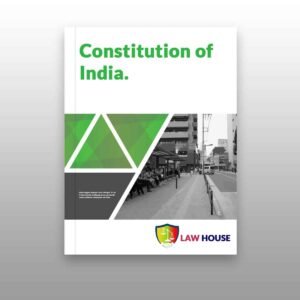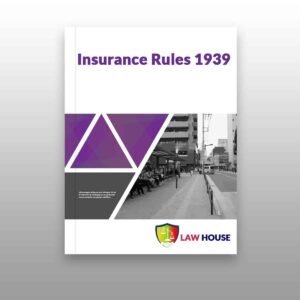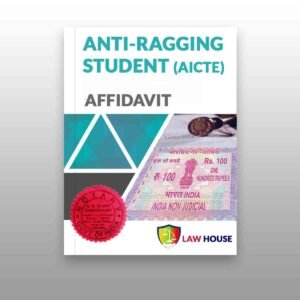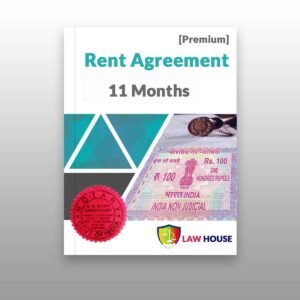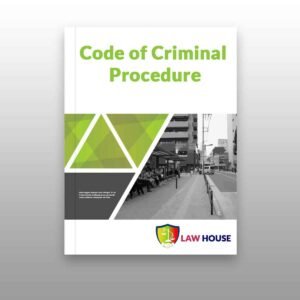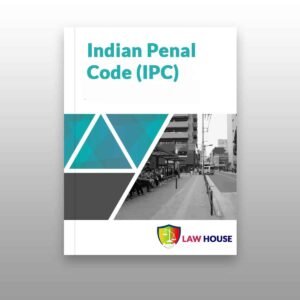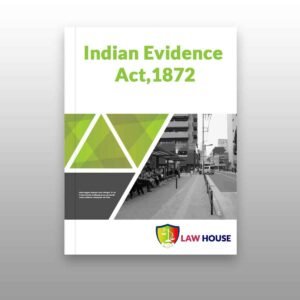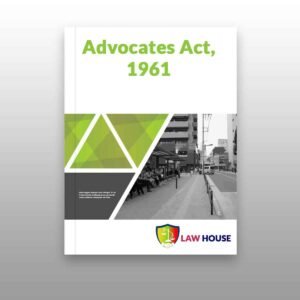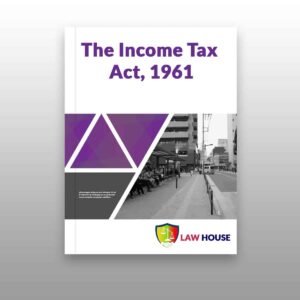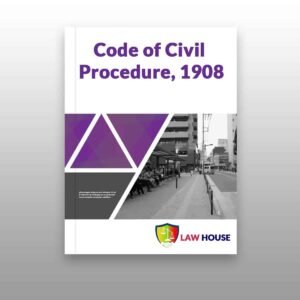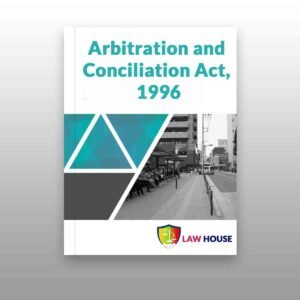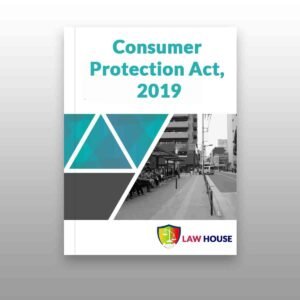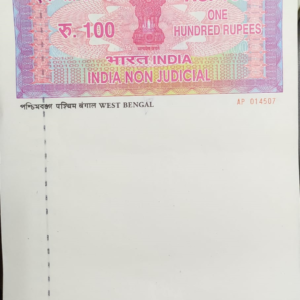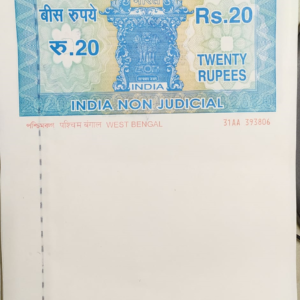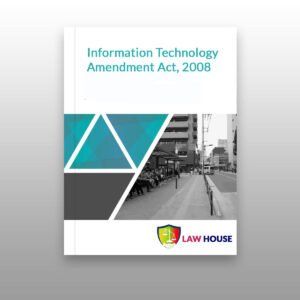What is a general power of attorney?
A general power of attorney is a legal document that grants authority to an appointed person (known as the agent or attorney-in-fact) to act on behalf of the person creating the power of attorney (known as the principal) in a wide range of financial, legal, and other matters.
How does a general power of attorney work?
A general power of attorney allows the agent or attorney-in-fact to make decisions and take actions on behalf of the principal, as specified in the document. The agent’s powers can include managing the principal’s financial affairs, making legal decisions, conducting business transactions, and more, depending on the scope of authority granted in the power of attorney document.
What are the powers and limitations of a general power of attorney?
The powers and limitations of a general power of attorney are determined by the language used in the document itself. The scope of authority granted to the agent can be broad or limited, depending on the wishes of the principal. It is important to clearly define the powers and limitations in the power of attorney document to avoid any misunderstandings or misuse of authority.
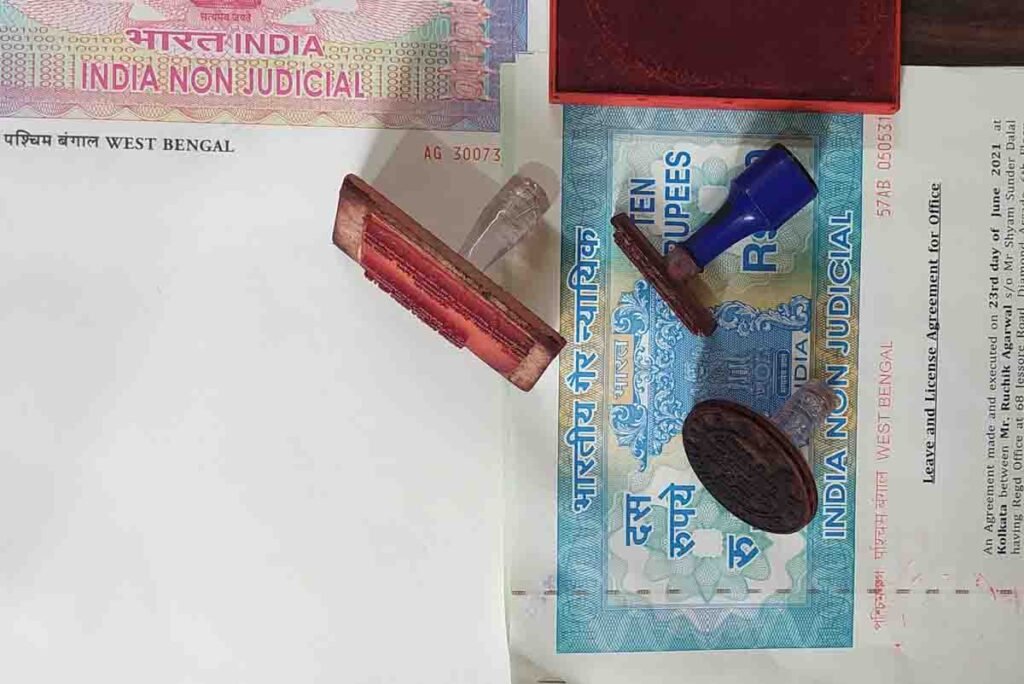
Everything of Power of Attorney: Types, Process.
Who can grant a general power of attorney?
Any competent adult who is of sound mind and understands the nature and consequences of granting a power of attorney can grant a general power of attorney. This includes individuals who may be unable to manage their own affairs due to age, illness, or other reasons.
Can a general power of attorney be used for financial and legal matters?
Yes, a general power of attorney can be used for a wide range of financial and legal matters, including managing bank accounts, paying bills, signing contracts, buying or selling property, and more. However, the powers granted to the agent should be clearly defined in the power of attorney document and comply with applicable laws and regulations.
What are the legal requirements for creating a general power of attorney?
The legal requirements for creating a general power of attorney may vary depending on the jurisdiction. In general, it must be in writing, signed by the principal, and witnessed or notarized according to local laws. It is advisable to consult with a qualified attorney or legal professional to ensure compliance with the specific legal requirements in your area.
How long does a general power of attorney remain valid?
A general power of attorney remains valid until it is revoked or terminated by the principal, the agent, or a court of law. It can also have an expiration date specified in the document. It is important to review and update the power of attorney periodically to ensure it reflects the current wishes and circumstances of the principal.
Buy Propertyy through the General Power of Attorney.

Can a general power of attorney be revoked or terminated?
Yes, a general power of attorney can be revoked or terminated by the principal at any time, as long as the principal is of sound mind and has the capacity to revoke the power of attorney. Revocation can be done in writing, signed by the principal, and delivered to the agent. Additionally, a general power of attorney can be terminated automatically upon the occurrence of a specified event or expiration of a stated term, as defined in the power of attorney document.
What are the differences between a general power of attorney and a special power of attorney?
A general power of attorney grants broad authority to the agent to act on behalf of the principal in various matters, while a special power of attorney grants limited authority for specific and defined purposes. A general power of attorney allows the agent to make decisions and take actions on behalf of the principal in a wide range of matters, whereas a special power of attorney is restricted to a specific scope of authority, typically limited to a particular task or purpose.

Download Power of Attorney E-Books free of cost.
Can a general power of attorney be used for healthcare decisions?
No, a general power of attorney does not typically grant authority for healthcare decisions. Healthcare decisions are usually covered by a separate document called a healthcare power of attorney or healthcare proxy, which designates a specific person to make healthcare decisions on behalf of the principal if they become incapacitated.
What are the responsibilities of the agent in a general power of attorney?
The agent in a general power of attorney has a fiduciary duty to act in the best interests of the principal and carry out their wishes as outlined in the power of attorney document. The agent should manage the principal’s affairs diligently, prudently, and in accordance with applicable laws and regulations. The agent should also keep accurate records of all transactions and provide regular reports to the principal, if required.
Can a general power of attorney be used after the death of the principal?
No, a general power of attorney is automatically terminated upon the death of the principal. The agent’s authority to act on behalf of the principal ceases upon the principal’s death, and the agent no longer has any legal authority or responsibilities.
Can a general power of attorney be used for estate planning purposes?
Yes, a general power of attorney can be used as part of an estate planning strategy. For example, it can be used to manage the financial affairs of an elderly or incapacitated person, or to handle business matters during extended absences or travels. However, it is important to ensure that the powers granted in the power of attorney align with the overall estate planning goals and are executed in compliance with relevant laws and regulations.
Can a general power of attorney be challenged or invalidated?
Yes, a general power of attorney can be challenged or invalidated under certain circumstances. For example, if it can be proven that the principal did not have the requisite mental capacity to understand the nature and consequences of granting a power of attorney, or if there was undue influence, fraud, or coercion involved in the creation of the power of attorney, it may be challenged in court and potentially invalidated.
Is it necessary to consult a lawyer for creating a general power of attorney?
While it is not always necessary to consult a lawyer for creating a general power of attorney, it is highly recommended. A qualified lawyer can provide expert advice on the legal requirements, potential pitfalls, and best practices for creating a valid and enforceable power of attorney. A lawyer can also tailor the power of attorney to the specific needs and circumstances of the principal, and ensure compliance with local laws and regulations.
Can a general power of attorney be used for financial abuse or fraud?
Yes, there have been cases where a general power of attorney has been abused for financial gain or fraudulently misused by the agent. To prevent such abuse, it is important for the principal to choose a trusted and reliable agent, clearly outline the scope of authority in the power of attorney document, and regularly monitor the agent’s actions. It is also advisable to involve a lawyer or legal professional in the creation and execution of a general power of attorney to ensure that the document is legally valid and enforceable.
Can a general power of attorney be used in case of incapacity?
No, a general power of attorney typically becomes ineffective in case of incapacity of the principal. Once the principal becomes incapacitated and unable to make decisions, the general power of attorney may no longer be valid, and a separate document, such as a durable power of attorney for healthcare or a guardianship, may be needed to manage the principal’s affairs.
Can a GPA be modified or amended?
Yes, a general power of attorney can be modified or amended by the principal at any time, as long as they have the legal capacity to do so. Any modifications or amendments should be in writing, properly executed, and delivered to the agent and any third parties who may have relied on the power of attorney. It is important to follow the legal requirements for modifications or amendments in the relevant jurisdiction to ensure their validity.
Can a GPA be used for international transactions or properties?
Yes, a general power of attorney can be used for international transactions or properties, but it is important to consider the legal requirements and limitations in the relevant jurisdictions. Different countries may have different rules and regulations regarding power of attorney, and it may be necessary to consult with legal professionals familiar with the laws of the specific jurisdiction to ensure compliance and effectiveness.
Can a GPA be used for managing business affairs?
Yes, a general power of attorney can be used to grant authority to an agent to manage business affairs on behalf of the principal. However, it is important to clearly specify the scope of authority and limitations in the power of attorney document, as well as comply with any applicable laws and regulations related to business operations. It is also advisable to involve legal professionals with expertise in business law when using a general power of attorney for managing business affairs.
Can a general power of attorney be used for real estate transactions?
Yes, a general power of attorney can be used to authorize an agent to engage in real estate transactions on behalf of the principal. This may include buying, selling, leasing, or managing real estate properties. However, it is important to comply with the specific laws and regulations related to real estate transactions in the relevant jurisdiction, and involve legal professionals experienced in real estate law to ensure compliance and effectiveness.











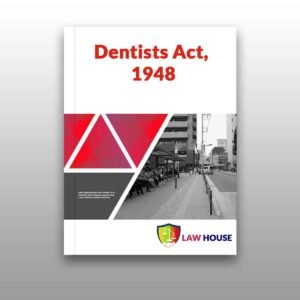
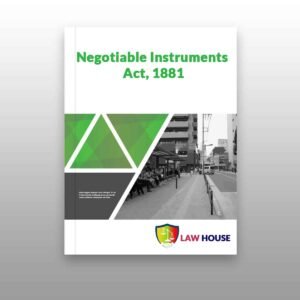
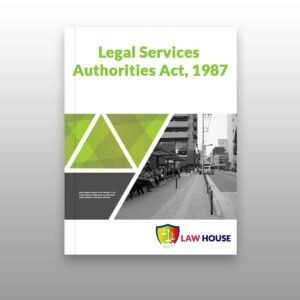
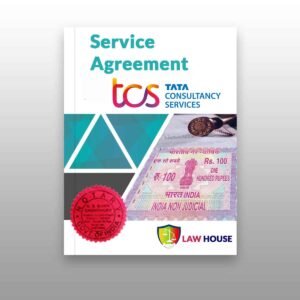



![Honey trap in Cybercrime: A to Z guide Exploring Honey Trap in Cyberspace [With Video]](https://www.lawhousekolkata.com/wp-content/uploads/Post-Images/Honey-Trap-300x169.jpg)





